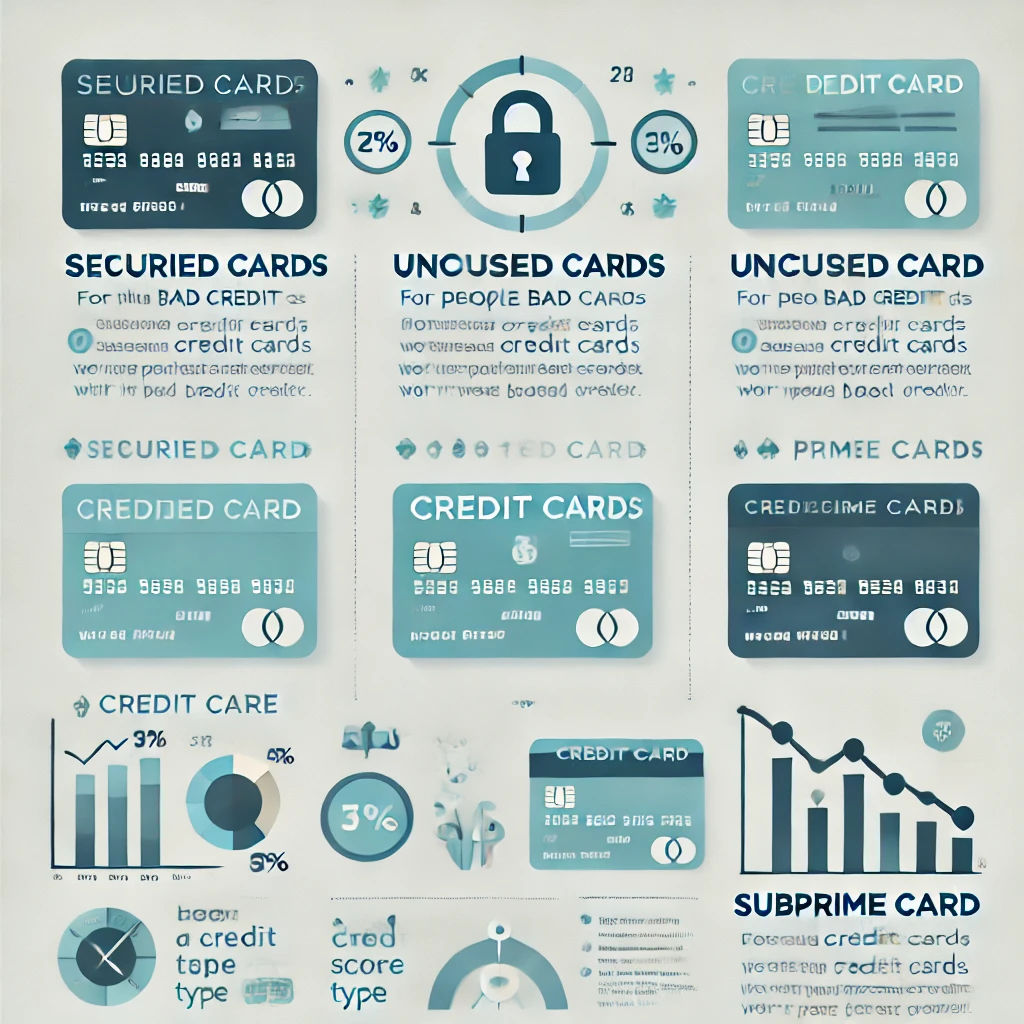Have you ever wondered how some lenders reduce the upfront cost of a loan? This is where lender credit comes in. Direct lenders use lender credit to help borrowers pay less at closing. Instead of paying all the closing costs upfront, you agree to a higher interest rate. It can be a smart option for those with limited savings or when refinancing a mortgage.
A direct lender may offer lender credit to attract borrowers with specific needs. They calculate the credit based on your loan amount, credit score, and the interest rate you accept. By taking lender credit in exchange for a higher interest rate, you can lower your immediate expenses, but it affects your monthly payment over time. This guide will explore the significance and the best use of lender credit.
Lender Credit
Lender credit is a financial tool used by mortgage lenders to reduce your closing costs. In exchange for accepting a higher interest rate on your loan, the lender pays part or all of these costs. It is commonly used during mortgage applications or refinancing. This option can help borrowers manage expenses when taking out a loan or when their loan estimate shows high upfront costs.

How Lender Credits Work
Lender credits work by allowing you to trade lower upfront closing costs for a higher interest rate over the life of your loan. When you agree to this, your mortgage lender adjusts the terms of your loan. For example, instead of paying discount points to lower the interest rate, you accept a higher one. The credit reference agency ensures your credit score supports the agreement. This trade-off affects your monthly payment but makes loans more accessible for those with limited savings.
How Are Lender Credits Determined?
Lenders also consider your credit score when calculating the amount of credit you qualify for, as a higher score can lead to better offers. Additionally, the type of loan you’re applying for, such as a fixed-rate mortgage or a refinance, may influence how much credit you receive.
Benefits and Drawbacks of Lender Credit
- Lender credit helps you reduce upfront costs on your loan by offsetting closing costs.
- You avoid the need to pay a large sum upfront, making it easier to manage. However, lender credit may increase your monthly mortgage payment because it involves a higher interest rate.
- Over the life of the loan, this can cost more than paying mortgage points upfront to lower your rate. Understanding credits and points is key when deciding what works best for your finances.
How Lender Credits Affect Your Credit Score
Lender credits do not directly impact your credit score. However, when you apply for a loan, the lender conducts a credit check, which can slightly lower your score temporarily. Your loan balance and monthly mortgage payments depend on how lender credits work. Choosing lender credits or negative points may increase the interest rate, but the decision does not involve your score beyond the initial credit check.
Are Lender Credits Worth It?
Lender credits are worth it if you need to reduce upfront costs or prioritize cash flow over time. They work best for borrowers who prefer not to pay points to lower their interest rates. However, you must consider the higher cost over the life of your loan. Reviewing the closing disclosure and understanding how points and lender credits affect your loan balance is essential. Weighing short-term savings against long-term costs will help you decide.
How are lender credits calculated?
Lender credits are calculated based on the interest rate you agree to and the type of loan you choose. Typically, lender credits are worth a percentage of the loan amount, such as one percent of the loan. Lenders use this method to offset upfront costs for borrowers. The amount of lender credits determined depends on your loan application, credit report, and the terms of your credit agreement.
How are lender credits calculated using loan calculators?
Loan calculators help determine the amount of credit a lender may offer. These tools work the same way as points but show the cost or savings over time. You can use them to think of a lender credit as the opposite of discount points. While points lower your interest rate, credits may increase it but reduce upfront expenses. The calculation depends on your loan details, including your good credit and loan amount.
Loan calculators help determine the amount of credit a lender may offer. You can use them to think of a lender credit as the opposite of discount points. To see an estimate of your costs, try using a closing cost calculator to visualize your options.
Key Considerations When Applying for a Loan
What’s the difference between discount points and lender credit?
Discount points and lender credits serve opposite purposes. Points may reduce your interest rate by requiring an upfront payment, while lender credits allow you to save on closing costs by accepting a higher interest rate.
The choice depends on whether you want to minimize monthly payments or upfront costs. Lenders use both options to tailor loan terms to your needs, which will appear on your credit file and closing documents.
How a Low Credit Score Impacts Lender Credit
A low credit score affects lender credits that are connected to your loan terms. Borrowers with poor credit often face fewer or less favorable lender credit offers. This happens because lenders need to see a solid credit file to calculate better credit terms. Improving your credit score before taking out a loan can increase lender credits and reduce upfront costs.
Short-term loans may be more challenging to secure with a low credit score, as it impact your credit agreement and overall costs. Improving your credit score before taking out a loan can increase lender credits and reduce upfront costs. If you need help boosting your credit, understanding what criteria makes a person a good cosigner can be a good step.
Working with a Direct Lender
When you work with a direct lender, you deal directly with the company offering the loan. A lender offers options like points or credits to adjust your loan terms. If you want to get a lower interest rate, you can pay discount points, while lender credits help reduce upfront costs. Always get in touch with the lender to understand the terms they provide before you apply for a loan.
Additional Factors to Keep in Mind
The Role of the Credit Reference Agency
The credit reference agency plays a key role in verifying your credit record when you apply for a loan. Lenders check this record to decide if they can offer lender credits or if additional terms apply. A strong credit profile improves the chances of receiving better options, while a weak one might limit the credits you qualify for. This agency ensures your financial information is accurate and helps the lender you are applying to make informed decisions.
Lender Credit in Short-Term Loans
In short-term loans, lender credits vary based on the loan’s duration and terms. A lender gives these credits to help reduce closing costs in exchange for a higher interest rate. Borrowers may also choose to pay points to lower their rate if they plan to keep the loan for a short time. Balancing points and credits is key to deciding what works best for your financial goals.
How the Type of Loan Affects Lender Credit
The type of loan determines how much lender credit gives or reduces your costs. For example, in a large loan, you may get two points worth of credits to offset fees, while smaller loans might only offer one credit. Since lender credits depend on loan size and term, longer loans often have more flexible credit options. Understanding your loan type helps you make the right choice.
Can lender credit reduce closing costs to zero?
Yes, lender credits can reduce closing costs in exchange for a higher interest rate, potentially bringing them to zero. Points allow you to pay upfront to lower the rate, but lender credits take the opposite approach. While lender credits vary, some can completely cover the costs, depending on the lender and loan size. Weighing these options ensures you save where it matters most.
Does lender credit impact my interest rate?
Yes, lender credits impact your interest rate. If you accept lender credits, the lender will pay a portion of your closing costs in exchange for a higher interest rate. This means you may end up paying a higher rate over the life of the loan. However, points may be worthwhile if you want to lower your rate. Weighing the benefits of lender credits vs paying points helps you decide which option suits your financial goals.
Final Thoughts:
Lender credits offer an option to reduce upfront costs when taking out a loan. By accepting lender credits, you may face a higher interest rate over time, but the immediate savings can be helpful. The types of credit offered by lenders vary, so it’s important to carefully assess how they will affect your monthly payments and the life of the loan. Always check the loan terms before making a decision.
In the mortgage market, direct lenders often use lender credits as a tool to help borrowers manage closing costs. Understanding the balance between lender credits vs points and how they impact your loan can guide you in choosing the right financial option. It’s essential to have responsible credit practices when evaluating loans, especially when considering long-term costs.
FAQs for What is Lender Credit: How Direct Lenders Use It in Loans
What are lender credits?
Lender credits are amounts the lender offers to help cover closing costs in exchange for a higher interest rate.
How do lender credits work?
Lender credits help reduce upfront costs by increasing the loan interest rate. The lender pays part of the closing costs on your behalf.
Can lender credits reduce closing costs to zero?
Yes, lender credits offer the possibility of reducing closing costs to zero, depending on the loan terms and amount of credits you accept.
Do lender credits affect my interest rate?
Yes, lender credits increase your interest rate in exchange for helping you pay closing costs upfront.
Should I choose lender credits or pay points?
Points may be worthwhile if you prefer a lower interest rate, while lender credits can help reduce upfront payments but result in a higher rate.


